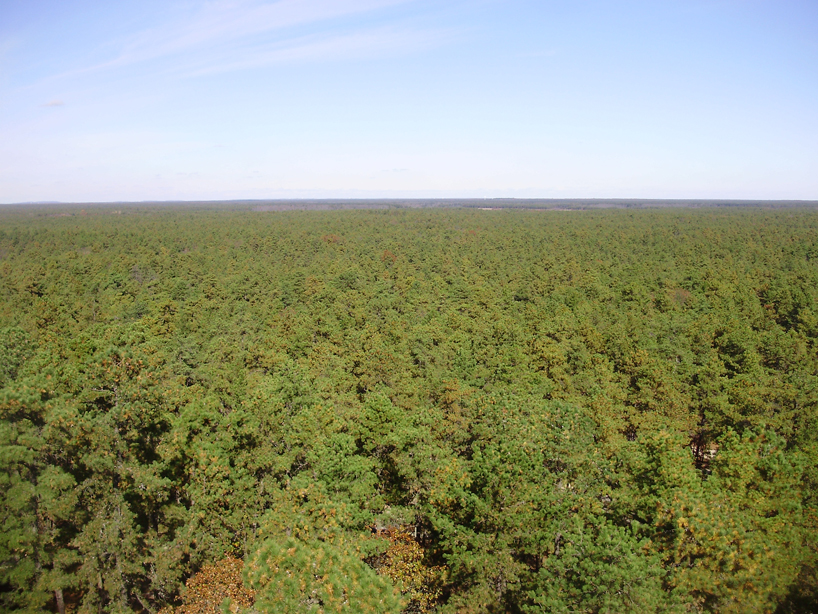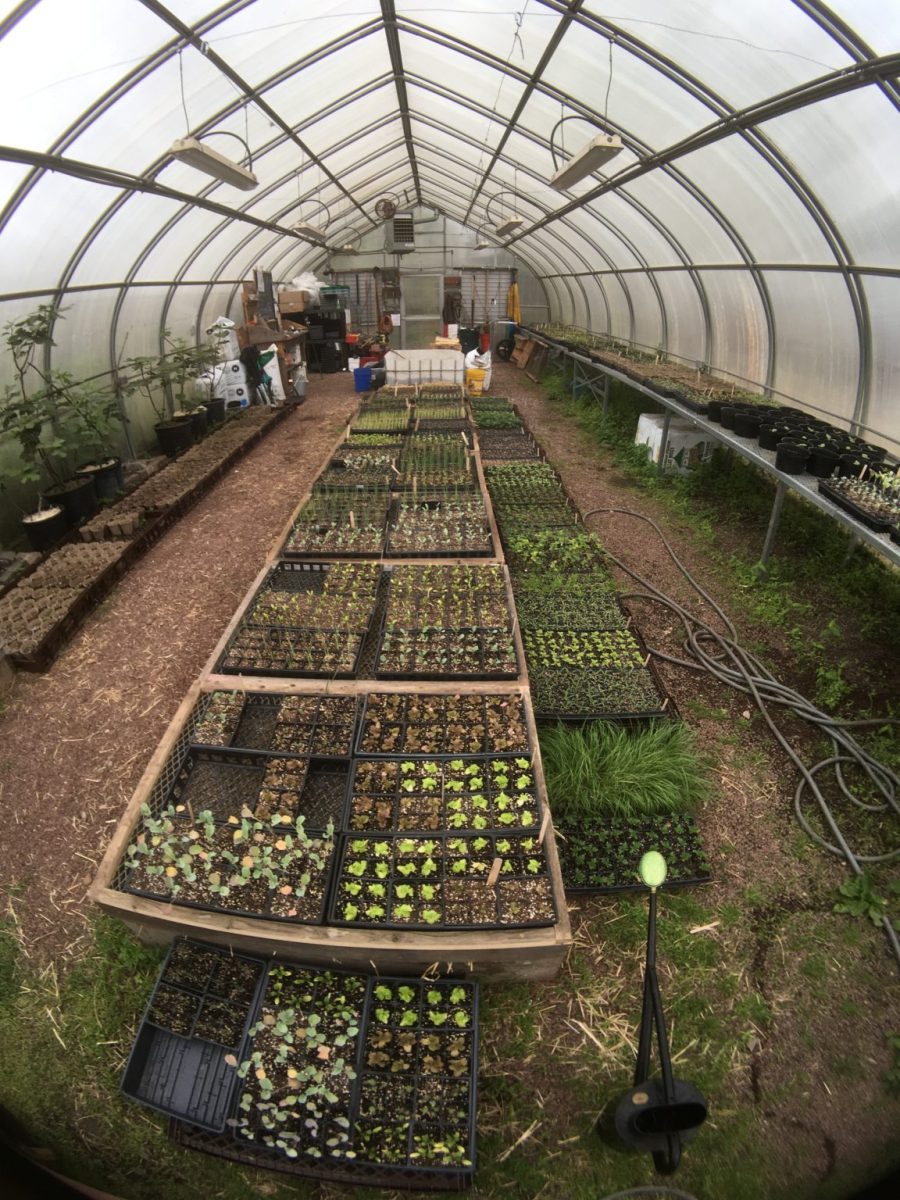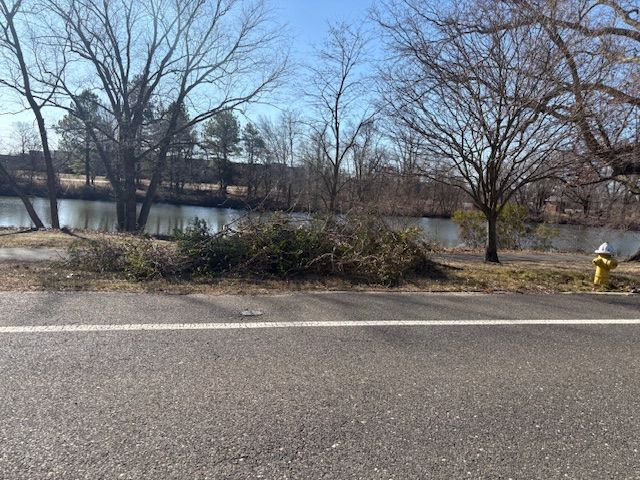More than 50 people were lined up outside to go 66 million years into the past on Saturday, March 29. They were part of the large crowd of people of all ages who were there to see the new $73 million Edelman Fossil Park & Museum.
The long-awaited opening of the museum in Mantua drew families from throughout the region to visit and learn about dinosaurs and other marine life that thrived in this part of South Jersey millions of years ago.
“In the long future history of the museum, you are the first visitors,” said Dr. Kenneth Lacovora, founding director of The Edelman Fossil Park & Museum.
Lacovara, Rowan University President Ali A. Houshmand, and the museum’s donors Jean and Ric Edelman lined up with 11 children to cut the opening day ribbon to the cheers of visitors.
Soon, the lobby was flooded with people pushing through the doors while Jurassic Park music hummed at the entrance. Each attendee received an ID card to make an account to play the fossil finding games in the museum and signed the opening day poster to cement their “place in time.”
Dinosaur enthusiasts swarmed the exhibits with the excitement of seeing fossils displayed in a narrative mold, but quickly, each were enthralled by the ending exhibit “The Hall of Hope and Extinction.”
The final exhibit, which many of the visitors did not know was there, was a welcomed surprise to several guests, which many interviewed noted that sustainability and climate change was an important aspect of their lives—including Victoria Vandertak, who was visiting with her child, River. Vandertak’s husband‘s work is heavily impacted by sea level rise and its impact.
“So, it’s pretty scary,” she said. “And with [her child] and everything, I just don’t know what world he’s going to grow up in.”
Lacovara could be seen the whole time in every section of the museum, enthusiastically talking to anyone who approached him, even taking time to have a small panel in the theater room for people to ask questions—further ingraining his attitude on the importance of teaching for the future.
“What’s the point if we dig up all these creatures and they don’t teach us anything?” Lacovara said. “Here, we’re trying to learn lessons of the past and contextualize our present, to have a better future.”







